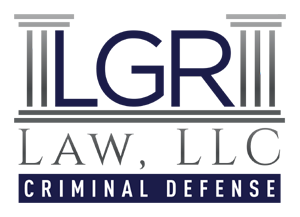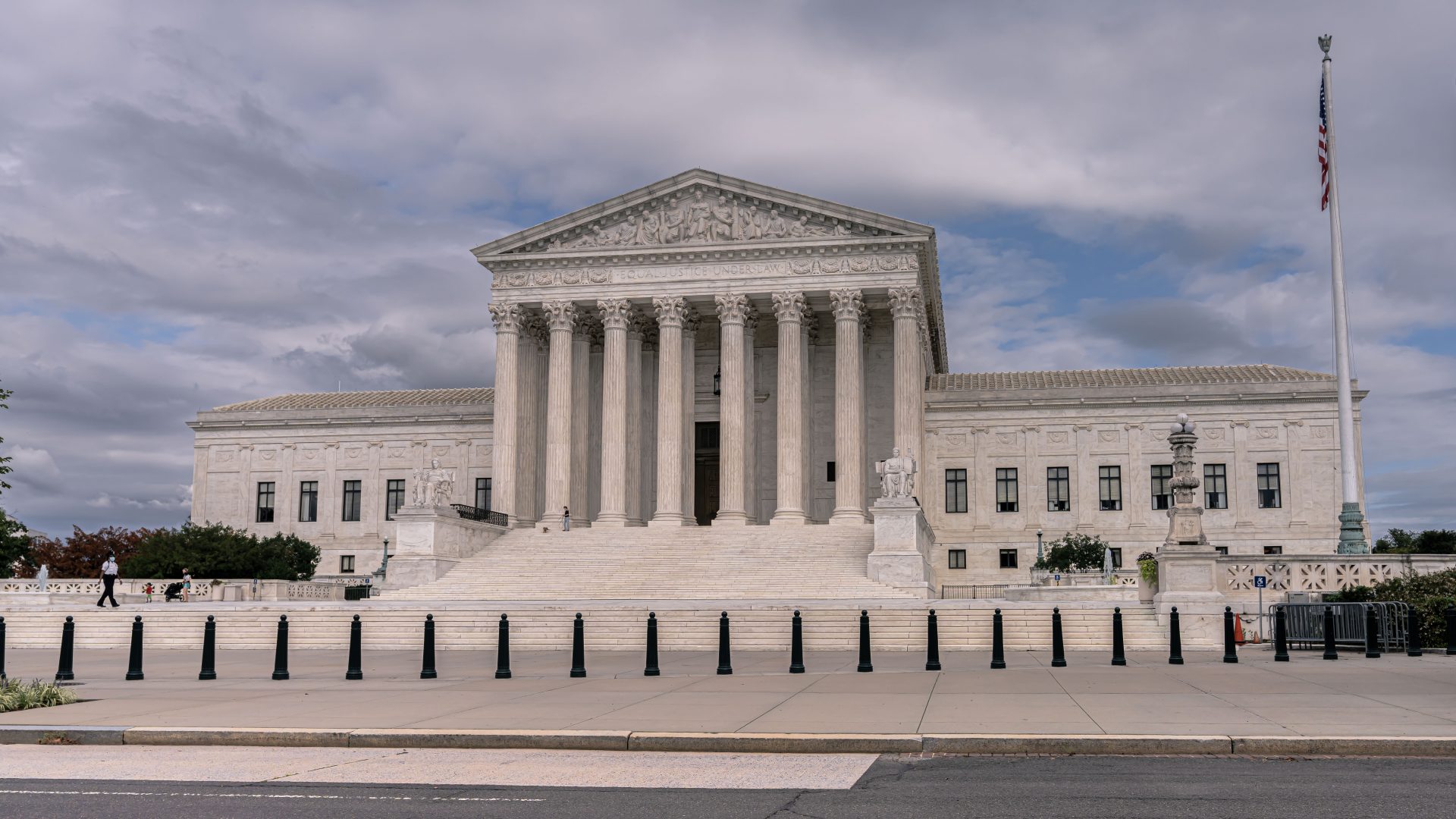If you or a loved one are charged or threatened with a federal criminal offense, you need an attorney familiar and experienced with the federal criminal justice system.
A crime is federal if it falls within one of the enumerated federal statutes. It is typically investigated by a federal law enforcement agency (i.e., FBI, DEA, ICE, ATF, FTC, USPS, etc.), and it is initiated by the United States Attorney’s Office.
Some of the more common federal charges include but are not limited to:
- 18 USC Sec. 21 – Counterfeiting and Forgery
- 21 USC Sec. 841 – Drug Offenses/Trafficking
- 8 USC Sec. 1324 – Illegal Alien Smuggling or Border Crossing
- 18 USC Sec. 2113 – Bank Robbery
- 18 USC Sec. 2251 – Child Pornography
- 18 USC Sec. 1030 – Internet Fraud
- 18 USC Sec. 1341 – Mail Fraud
- 18 USC Sec. 1348/1349 – Securities Fraud
- 18 USC Sec. 1956 – Money Laundering
- 18 USC Sec. 1961 – Organized Crime
- 26 USC Sec. 7201 – Tax violations
- 18 USC Sec. 922 – firearm offenses
Federal sentencing is governed by statute as well as the United States Sentencing Guidelines “USSG.” While the statute typically sets forth the statutory minimum and maximum sentences permissible, the USSG sets forth an advisory sentence based upon the specific facts of a particular charge, as well as a variety of other factors a sentencing judge is required to take into consideration. Some of these factors include the kind of crime that was committed, the defendant’s background and characteristics, the defendant’s criminal history, the kinds of sentences available, and the need to protect the public. Federal sentencing is a complex matter, and one that is constantly changing.
There is no federal parole, therefore if someone is convicted and sentenced in federal court, he/she will actually serve the entire sentence rendered, except that they may get good time credit deducted by the Bureau of Prisons (“BOP”), which means they will probably serve between 85% and 87% of the sentence. There are certain programs in prison that a person may be eligible for that may reduce the length of the sentence further, including a program called RADP. Also, a person may be eligible to serve the last few months of his/her sentence at a halfway house or on house arrest.
If you are charged with a federal crime, you need an attorney experienced and familiar with federal sentencing laws and one who keeps up with its continual changes. Federal sentencing laws have been changing regularly in recent years, by both case law and by amendments and modifications to the USSG by the Sentencing Commission. At sentencing, the judge, prosecutor, and probation all have a potential impact on one’s ultimate sentence. Therefore, if you are charged and threatened with a federal crime, it is important to hire a federal criminal defense attorney with experience and knowledge.
Lorraine Gauli-Rufo, of LGR Law, LLC, with offices in Verona, New Jersey and New York City, has over 25 years of federal criminal experience, which includes substantial trial experience, conducting plea negotiations, and handling contested federal sentencings. She has successfully gotten hundreds of her clients sentences below the advisory USSG in their particular case, including obtaining many probationary sentences. Ms. Gauli- Rufo is the federal criminal defense attorney many turn to when charged or threatened with federal crimes. She is an attorney with knowledge of the federal criminal laws, with the experience you want when facing the complex federal criminal justice system, with a passion for representing her clients, and a reputation of fighting hard for every one of her clients.
To discuss the federal criminal defense update, or criminal law more generally, reach out to New Jersey and New York criminal defense lawyer Lorraine Gauli-Rufo at 973-239-4300 or at LGR LAW for a consultation today. For more information about the firm, please visit LGR LAW’s website.



0 Comments